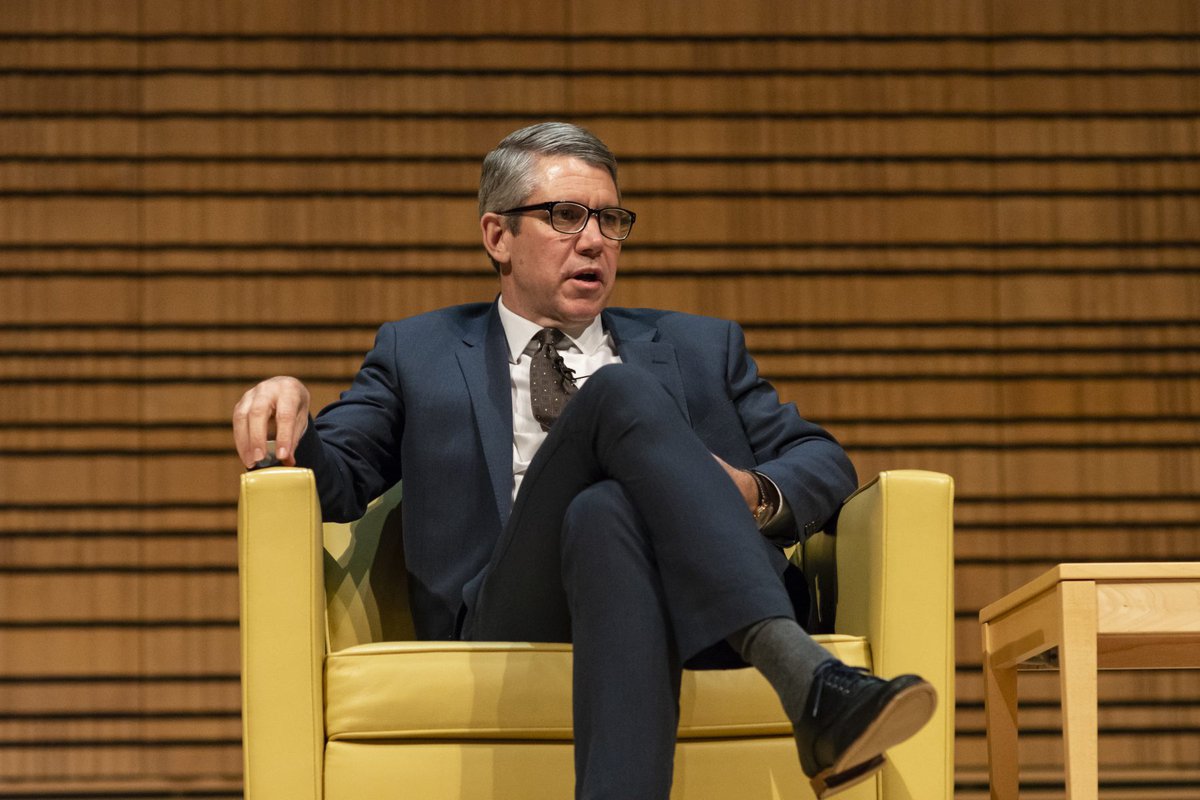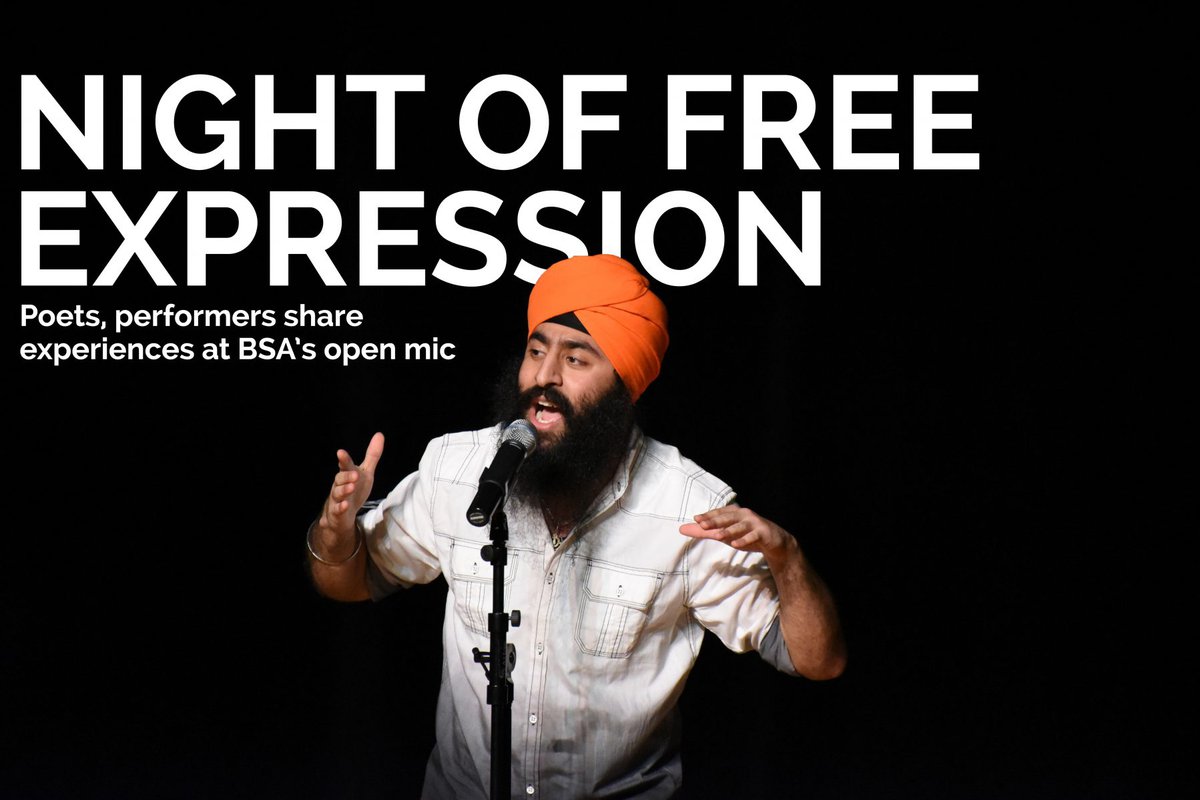Kyle Pope on current state of journalism

Kyle Pope, Editor In Chief and Publisher of the Columbia Journalism Review, spoke on the current state of journalism in the Experimental Media and Performance Arts Center’s concert hall last Tuesday.
“It’s almost like A Tale of Two Cities. It’s simultaneously the best of times and the worst of times for journalism,” Pope began. He elaborated that people are paying closer attention to the news than any other time in recent history. With this extra attention comes higher scrutiny and mistrust.
Pope used the 2009 financial crisis to highlight the shift in media trust. After the crisis and bailout of the banks, the Obama administration reassured people that the economy would improve. The media relayed this sentiment. As a result, the public, for the most part, believed things would improve. “There was no knee-jerk flights to ideological corners,” Pope said. People believed the Obama administration and the media even though they may have had different ideologies. Pope said, if a similar financial crisis happened today, people may not be as trusting.
Pope said this mistrust has many causes. First is the decline of local news outlets. Because of outdated business models, local newspapers and other outlets cannot survive. Without local coverage, people feel disconnected from the media. They do not see themselves represented in larger organizations like The New York Times. This leads to the second problem Pope discussed: lack of diversity in larger news outlets. The vast majority of journalists are white people from upper middle-class backgrounds who mostly write about issues that concern them. This leaves out the majority of the country, which then feel further alienated from the press. Pope said there had been a few attempts at reconciling this by covering issues faced by other demographics. All of which, he said, failed and came off as condescending.
The third problem, according to Pope, is that social media outlets are promoting false news stories. The last problem is that powerful people are “borrowing from the authoritarian handbook” and trying to discredit the media. In total, the press and the politicians they cover are both to blame for the erosion of trust in the media.
“Is any of this fixable?” Pope asked. He said the most important thing the media can do to recover their reputation is to fix the business models of local news outlets. “Trust begins on the local level,” expressed Pope. If people feel represented by and connected to local media, national media will be less polarizing. Pope said he believed that the subscription business model for local news is not the best solution; it incentivizes divisive material to attract more readers. The advertisement business model is dying out because newspapers and news websites are not the best way to reach consumers anymore. Pope said that a non-profit model, like ProPublica, may work but “there is no silver bullet” and that “now is the time to try new and different approaches.”
When Pope opened up for questions, one person asked how to pick news sources to follow. Pope compared media intake to a diet in that one should never get all their news from one source. He suggested following a range of local to national news sources of varying media types: print, podcast, television, and so on. He also suggested taking the occasional break from media by escaping through unrelated literature.
Pope was asked about his time working for Jared Kushner at the New York Observer, which lead to a conversation about the inevitability of billionaires owning news outlets. There was some discussion on the future of news stories written by artificial intelligence. While more formulaic news stories like sports and financial reports are now being written by bots, Pope believes we are a lifetime away from bots writing exactly like humans. After taking questions, Pope thanked everyone for joining him and taking an interest in journalism.

 On-Campus Event
On-Campus Event